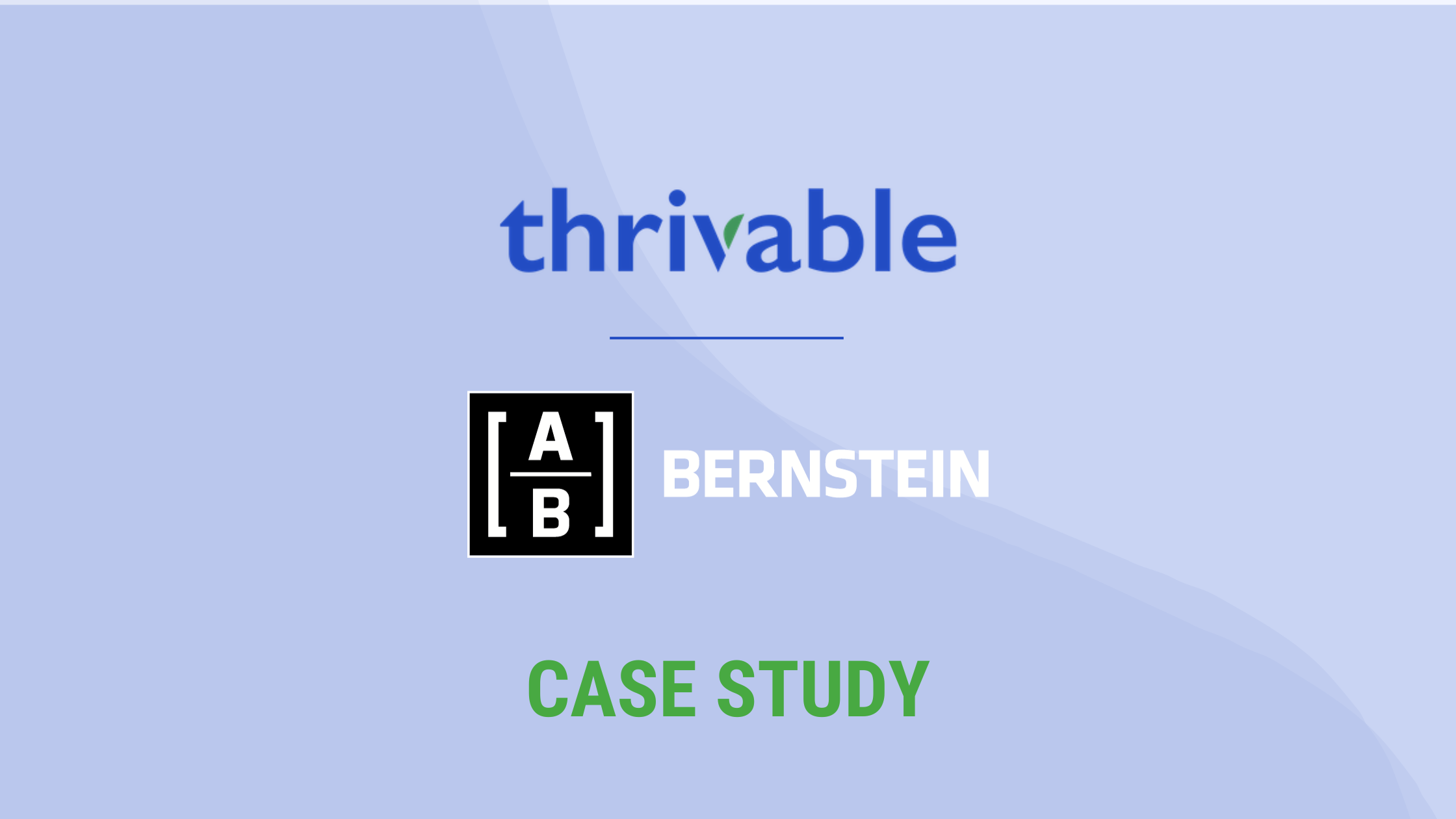Blog
Deriving Value from Influencers in Diabetes Research

Adam Zandman
Insights

In today's digital age, influencers have the power to shape opinions, drive conversations, and influence consumer behavior. Beyond the typical verticals of fashion and lifestyle, influencers are increasingly making their mark in healthcare, providing valuable insights and fostering engagement. Let's explore the potential of leveraging influencers in diabetes research, discussing strategies for effective collaboration and addressing key considerations along the way.
Understanding the Role of Influencers in Research
Influencers in research are not confined to social media celebrities but encompass a diverse range of individuals, including thought leaders, subject matter experts, and online personalities with sizable followings. These influencers possess the ability to simplify complex concepts, share personal experiences, and spark meaningful discussions around research topics. Let’s distinguish between two major groups of influencers:
Physician Influencers: Physicians are active on social media and can influence both medical communities and patients. These influencers present an opportunity for pharmaceutical and MedTech companies to engage in meaningful conversations and gather insights
Patient Influencers: Patient influencers play a crucial role in sharing disease management information and providing emotional support for fellow patients. Patients trust these influencers since they’re seen as peers, suggesting they can significantly impact attitudes toward pharmaceutical brands and treatment options
Identifying and Engaging with Research Influencers
Successful engagement with research influencers begins with identifying relevant individuals who align with the research objectives and target audience. Building authentic relationships, providing value, and fostering collaboration are essential steps in establishing meaningful partnerships. By involving influencers early in the research process, organizations can tap into their expertise and leverage their platforms to amplify research messages.
Testing Messaging and Strategies
Just as companies test traditional marketing strategies and messaging, organizations can leverage research teams to evaluate the effectiveness of influencer content. By treating influencer marketing outputs with the same rigor and attention as other marketing strategies, organizations can ensure alignment with organizational goals and optimize messaging for maximum impact. Data-driven approaches can help measure the effectiveness of influencer campaigns and inform future strategies. A few key ways influencer campaigns can drive value for a brand:
-
Simplify medical jargon and raise awareness about specific diseases
-
Help break taboos around sensitive health topics
-
Advocate for important causes
-
Raise awareness about innovative products, services, or technologies
-
Allow healthcare institutions and companies to humanize their approach
-
Build trust and familiarity
Ethical Considerations and Challenges
While leveraging influencers in research is an overwhelmingly positive move, it also raises ethical considerations and challenges. Transparency, disclosure, and conflicts of interest must be carefully managed to maintain integrity and trust. Organizations should strive to uphold ethical standards and ensure that influencer partnerships align with their values and objectives.
Influencers have the potential to significantly impact research, driving engagement and amplifying research messages. By identifying and engaging with relevant influencers and testing messaging and strategies, organizations can maximize the value of influencer partnerships. Through thoughtful collaboration and strategic engagement, influencers can become valuable allies in advancing research objectives and driving positive outcomes. If your organization needs support testing and strategizing influencer campaigns based on patient insights, contact our sales team today.
About the author

Adam Zandman
Adam, Thrivable's Marketing Director, is a passionate advocate for improving the patient experience, driving companies to prioritize the patient voice in their decisions
Related Content
-

-

Case Study
Case Study: How Bernstein is Reshaping the Way Investors Think about Diabetes MedTech
Market Research
-



